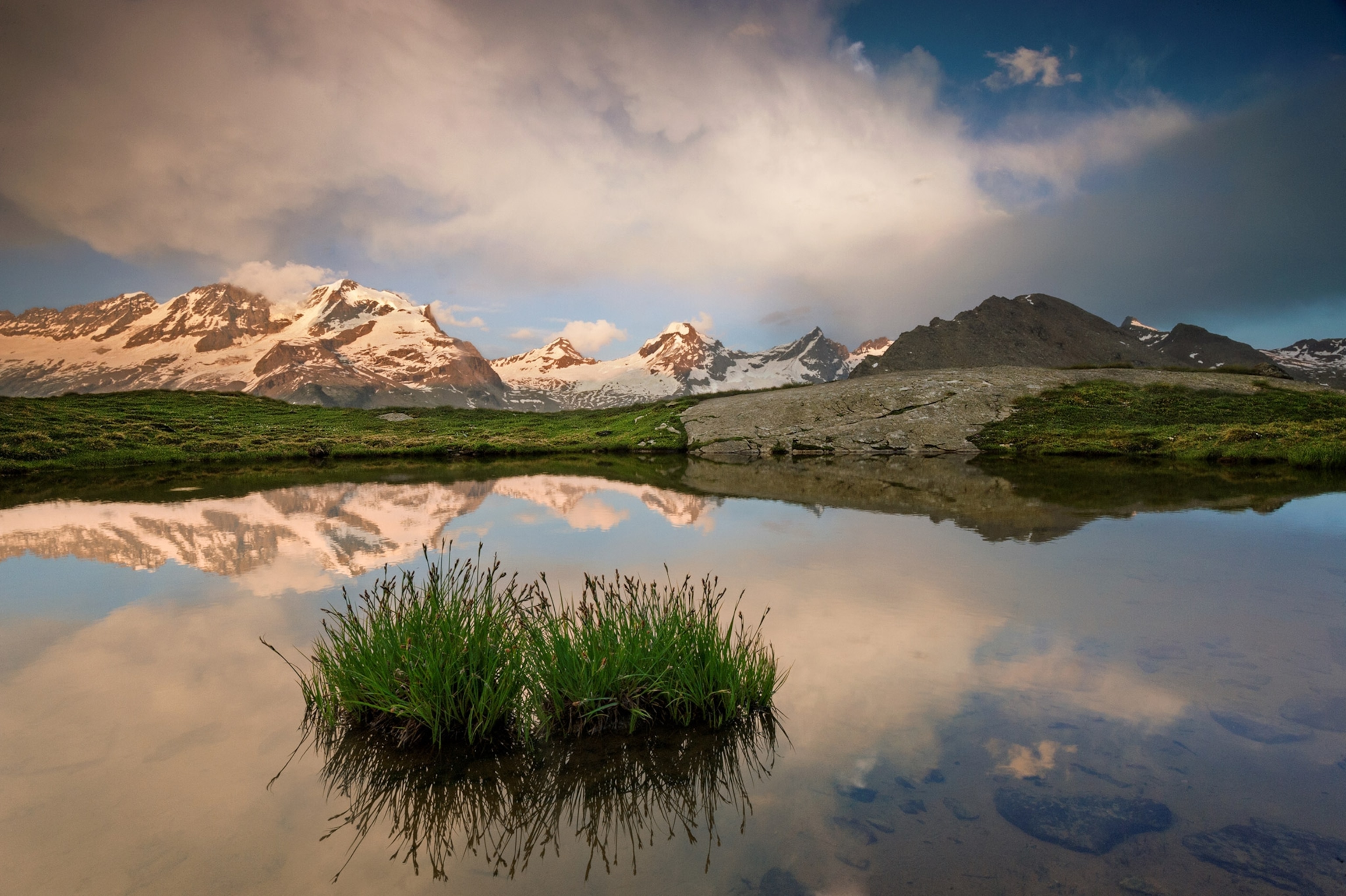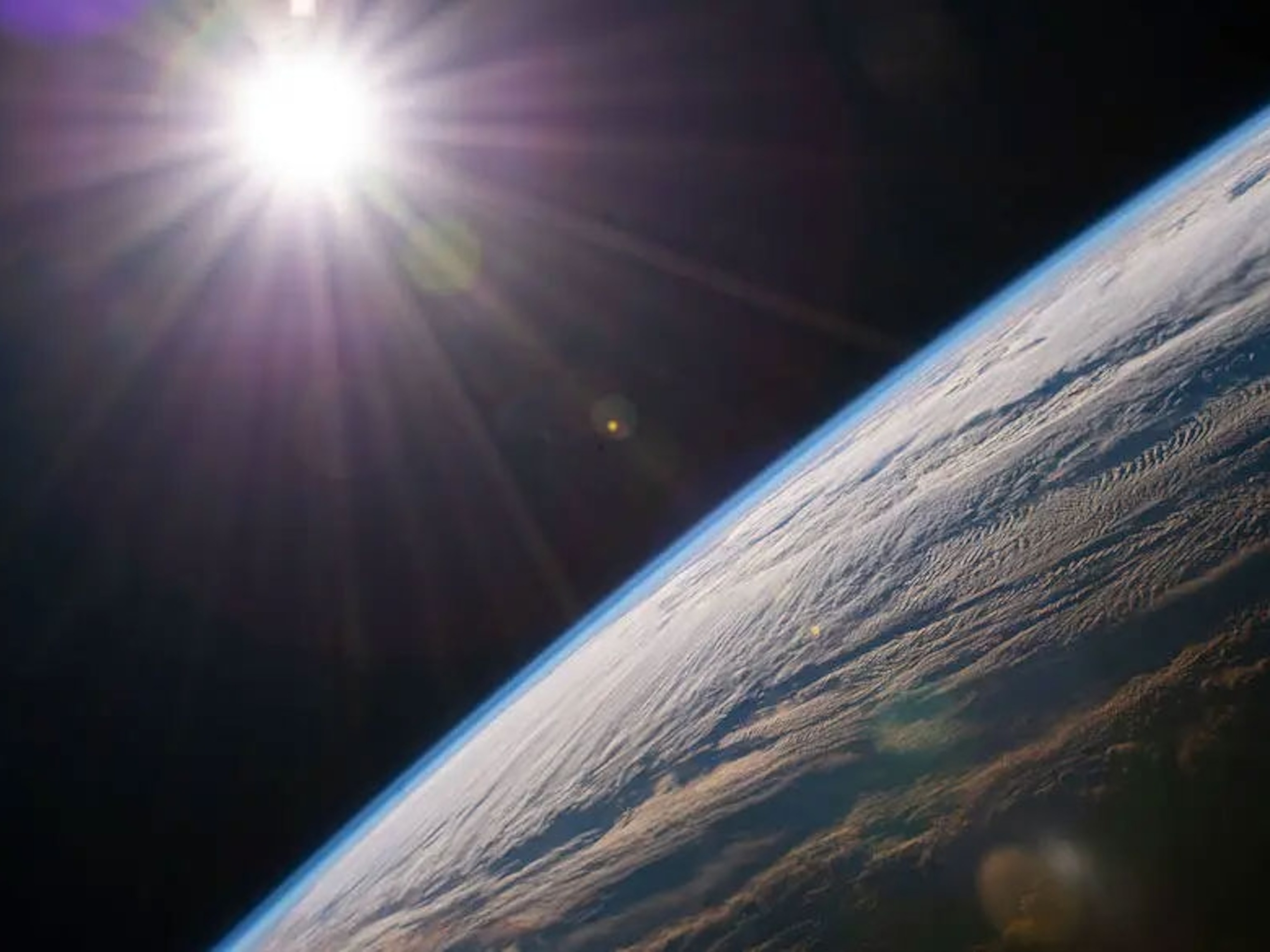
Every season actually begins twice—here’s why
Learn about meteorological and astronomical seasons, plus how to tell them apart.
Every three months, a new season begins—twice.
Spring creeps in like a lion on March 1, and then again a few weeks later with the spring equinox. Likewise, some people welcome the arrival of summer on June 1, while others celebrate it a few weeks later with the summer solstice. So when do the seasons really start and end?
It depends on why you’re asking. Seasons are defined in two ways: meteorological and astronomical seasons. Astronomical seasons are based on Earth’s position as it orbits around the sun. Meteorological seasons are based on annual temperature cycles.
Both seasons divide the year into spring, summer, fall, and winter—yet with slightly different start and end dates for each. Here’s what they mean and how to tell them apart.
What are astronomical seasons?
People have always looked to the skies to determine the season. Ancient Rome was the first to officially mark those seasons with the introduction of the Julian calendar.
(The new year once started in March—here’s why)
Back then, the seasons began on different days than the modern era because of discrepancies with the Gregorian calendar used primarily today. Now, the start of each astronomical season is marked by either an equinox or a solstice.
Equinoxes are when Earth’s day and night is split almost in half (about 12 hours of daylight). They occur every six months in the spring and fall, when Earth’s orbit and its axial tilt combine so that the sun is directly overhead on the Equator. On an equinox, roughly half the planet is light while the other half is dark.
(Spring cleaning has ancient origins. Here’s why we still do it.)
As the new season progresses, the sun’s position continues to change—and, depending which hemisphere you live in, the days will get progressively lighter or darker until the arrival of the solstice.
Solstices mark the brightest and darkest days of the year. They are also driven by Earth’s tilt and mark the beginning of astronomical summer and winter. When the Northern Hemisphere is tilted toward the sun, it is brighter and feels like summer—while, at the same time, the Southern Hemisphere is tilted away from the sun, plunging it into a dark winter.
(Why some people celebrate Christmas in January)
But this method of measuring the seasons presents some challenges. The solar year is approximately 365.2422 Earth days long, making it impossible for any calendar to sync with Earth’s spins around the sun.
As a result, astronomical seasons start on slightly different days and times each year—making it difficult to keep the climate statistics that are used in agriculture, commerce, and more. That’s why weather forecasters and climatologists turned to meteorological seasons instead.
(Nature is out of sync—and that’s reshaping everything, everywhere)
What are meteorological seasons?
Since at least the 18th century, scientists have sought better methods of predicting growing seasons and other weather phenomena. Over time, that gave rise to the concept of meteorological seasons, which are more closely aligned with both annual temperatures and the civil calendar.
(World’s oldest calendar discovered in U.K.)
Meteorological seasons are far simpler than astronomical seasons. They divide the calendar year into four seasons that each last exactly three months and are based on the annual temperature cycle.
Winter takes place during the coldest three months of the year—December, January, and February. Summer occurs during the hottest three months—June, July, and August. Spring and fall mark the remaining transition months—March, April, May for spring and September, October, and November for fall.
(What is the fall equinox? Here’s what you need to know.)
In the Northern Hemisphere, that means spring starts on March 1, summer on June 1, fall on September 1, and winter on December 1. In the Southern Hemisphere, the seasons are reversed; spring begins in September, summer in December, fall in March, and winter in June.
The consistency of meteorological seasons allows meteorologists to make the complex statistical calculations necessary to make predictions and compare seasons to one another.
“Dealing with whole-month chunks of data rather than fractions of months was more economical and made more sense,” climatologist Derek Arndt told the Washington Post in 2014. “We organize our lives more around months than astronomical seasons, so our information follows suit.”
So when is the first day of every season? It isn’t the first of the month or the position of the sun—it’s both.




